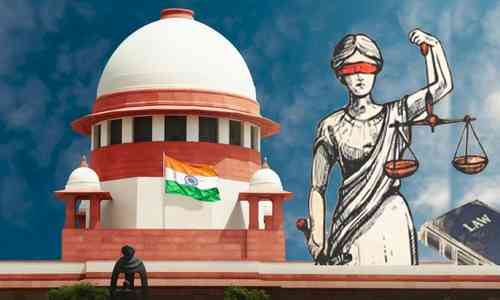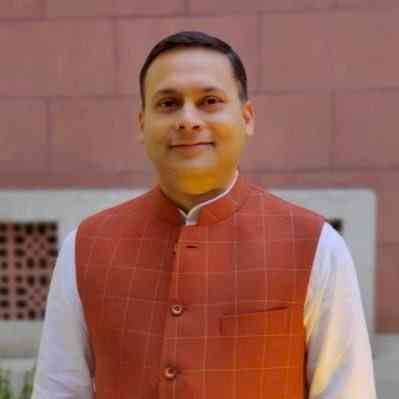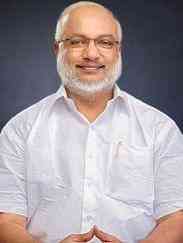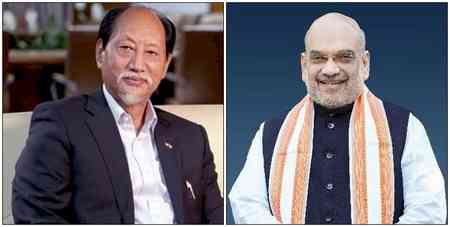SC to revisit its judgment holding that lawmakers have immunity against criminal prosecution for accepting bribes to vote in House
The Supreme Court on Wednesday agreed to revisit its 1998 judgment granting immunity to lawmakers from criminal prosecution for accepting bribes to make a speech or vote in Parliament or state legislatures.

New Delhi, Sep 20 (IANS) The Supreme Court on Wednesday agreed to revisit its 1998 judgment granting immunity to lawmakers from criminal prosecution for accepting bribes to make a speech or vote in Parliament or state legislatures.
A 5-judge Constitution Bench, headed by CJI D.Y. Chandrachud and comprising Justices A.S. Bopanna, M.M. Sundresh, J.B. Pardiwala, and Manoj Misra said that the objective of the Constitutional provisions guaranteeing free speech to MPs and MLAs, prima facie, does not appear to render immunity from the launch of criminal proceedings for violation of criminal law which may arise independently of the exercise of rights and duties as a member of legislature.
"The purpose of Article 105(2) and Article 194(2) is to ensure that members of Parliament and of state legislatures are able to discharge duties in an atmosphere of freedom without fear of the consequences which may follow for the matter in which they speak or exercise their right to vote on floor of house," it said.
It added that the object of these provisions is clearly not to set apart the members of the legislature as persons who wield higher privileges in terms of immunity from the application of the general criminal law of the land which citizens of the land do not possess.
In its 1998 judgment in P.V. Narasimha Rao versus CBI case, the top court had ruled that the parliamentarians, against the backdrop of Article 105 of the Constitution, enjoy immunity against criminal prosecution with regards to their speech and votes in the House. Article 105 of the Constitution grants immunity to a member of Parliament "in respect of anything said or any vote given by him in Parliament or any committee thereof". Similar immunity is conferred by Article 194(2) on Members of the State Legislatures.
In 2014, Sita Soren, a member of the Jharkhand Mukti Morcha (JMM) approached the Supreme Court seeking nullification of criminal charges instituted against her for allegedly accepting a bribe to vote in favour of a particular candidate in the Rajya Sabha elections of 2012.
In 2019, a 3-judge bench headed by then Chief Justice of India Ranjan Gogoi referred the matter for consideration to a larger bench "having regard to the wide ramification of the question that has arisen, the doubts raised and the issue being a matter of substantial public importance".


 IANS
IANS 








